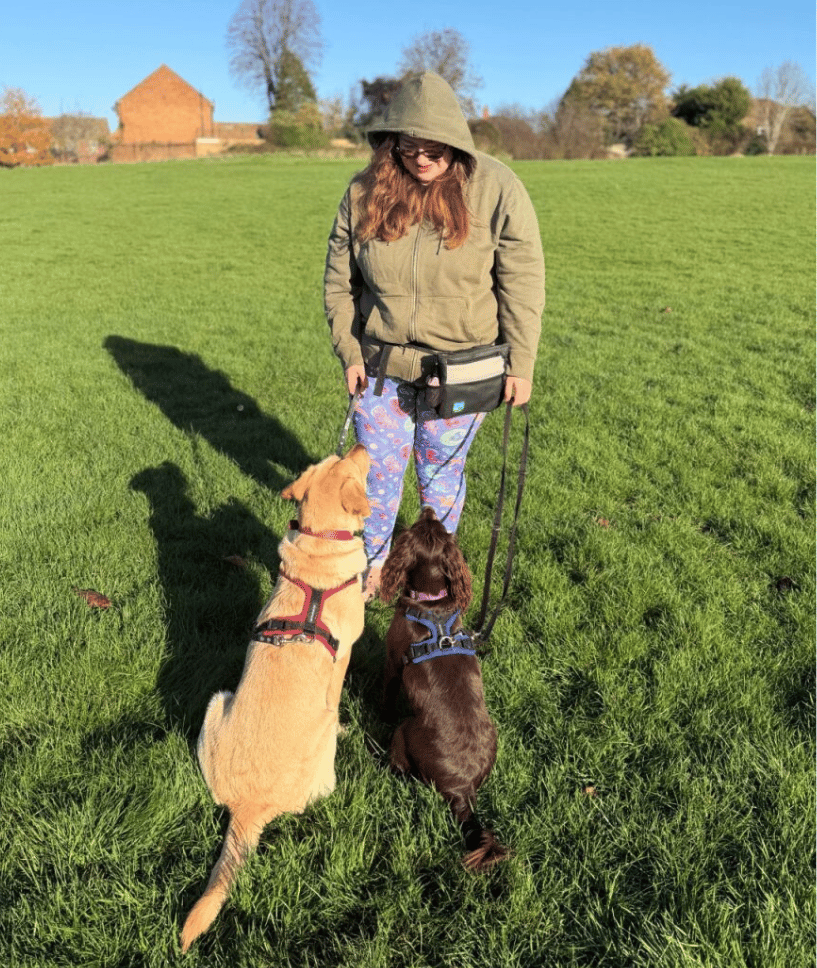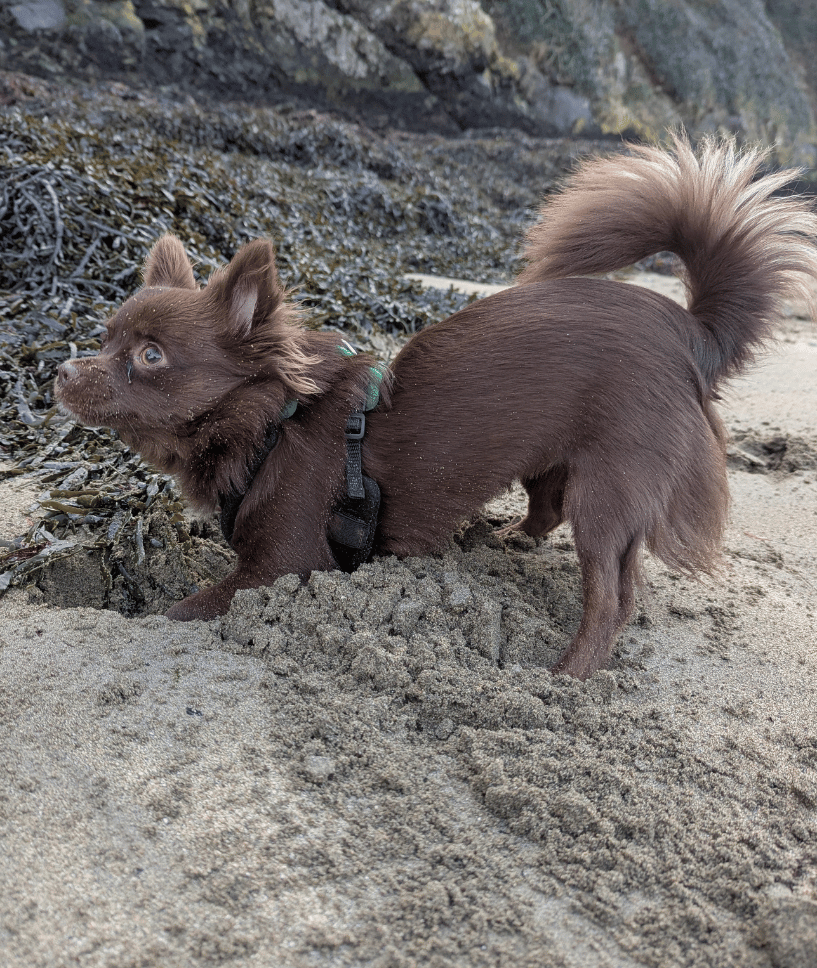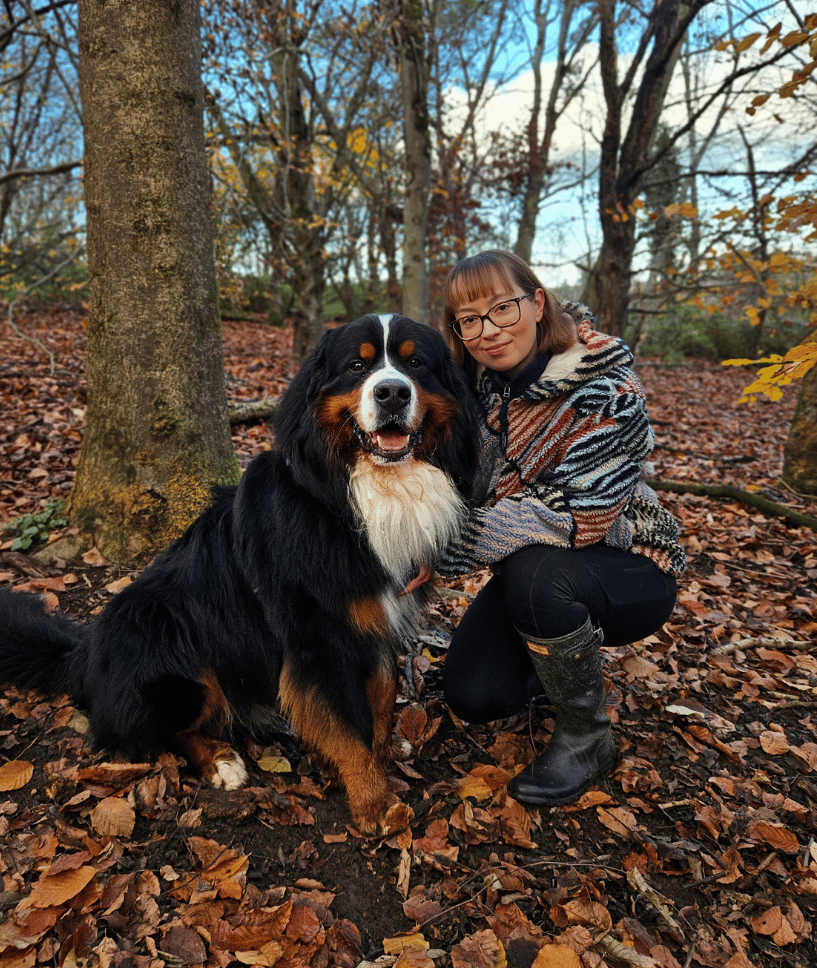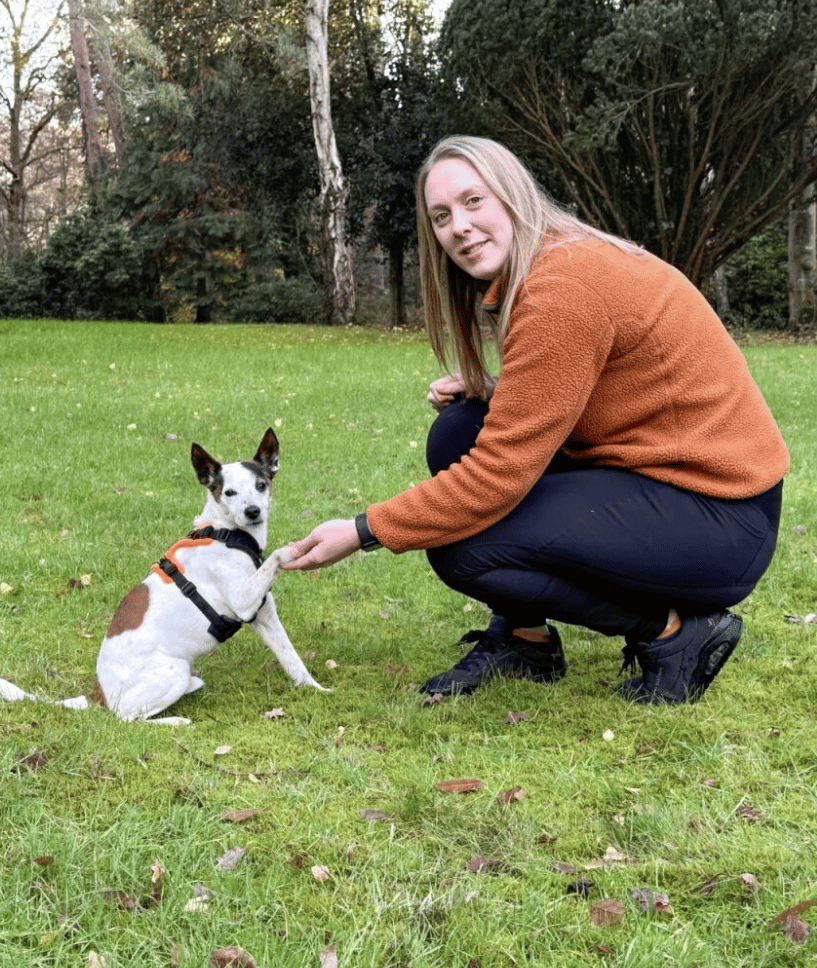Choosing The Best Dog Harness Can Seem Difficult: We're Here To Help
Choosing The Best Dog Harness Can Seem Difficult: We're Here To Help

Selecting the best dog harness for your canine companion can be a daunting task, given the myriad of options available. However, understanding the benefits of harnesses and knowing what to look for can make this decision much easier. Let's explore how to choose the best dog harness for your pet's comfort and safety.
What is the best dog harness?
The best dog harness is one that prioritises your dog's comfort, safety, and freedom of movement. Unlike traditional collars, harnesses distribute pressure evenly across the chest and shoulders, reducing the risk of neck injuries. This is particularly important for dogs who tend to pull during walks.
A 'Y' shaped adjustable harness, like our PerfectFit Harness, offers several advantages:
Even distribution of pressure
Allows for natural shoulder movement
Customisable fit for various dog shapes and sizes
Reduces the risk of escape for anxious or reactive dogs
Soft fleece for maximum comfort
The RSPCA recommends harnesses for many dogs, noting their benefits in reducing strain on the neck and spine.
What to look out for when buying a dog harness
When searching for the best dog harness pet owners should consider several factors:
- Proper Fit: A well-fitting harness should be snug but not tight. You should be able to fit two fingers between the harness and your dog's body.
- Material: Look for durable, breathable materials that won't chafe your dog's skin.
- Adjustability: The harness should have multiple points of adjustment to ensure a perfect fit.
- Safety Features: Reflective strips for visibility and secure fasteners are important for safe walks.
- Ease of Use: The harness should be easy to put on and take off, especially for wriggly dogs

Choosing the best dog harness
To select the best dog harness for your pet:
- Measure Your Dog: Accurate measurements are crucial for finding the right size.
- Consider Your Dog's Needs: If your dog pulls, look for a harness with a front and back attachment point. For anxious dogs, a snug-fitting harness can provide a sense of security.
- Try Before You Buy: If possible, have your dog try on the harness before purchasing. Many pet shops allow this, ensuring you find the perfect fit.
- Read Reviews: Look for feedback from other dog owners, particularly those with similar breeds or sizes to your dog.
- Consult Professionals: Your veterinarian or a professional dog trainer can offer advice on the best type of harness for your dog's specific needs.
Remember, the best dog harness is one that keeps your dog comfortable and secure while allowing for natural movement. A well-fitted harness can make walks more enjoyable for both you and your dog.
By taking the time to choose the best dog harness, you're investing in your dog's health, comfort and safety. A good harness can transform your daily walks into enjoyable, stress-free experiences for both you and your canine companion.





